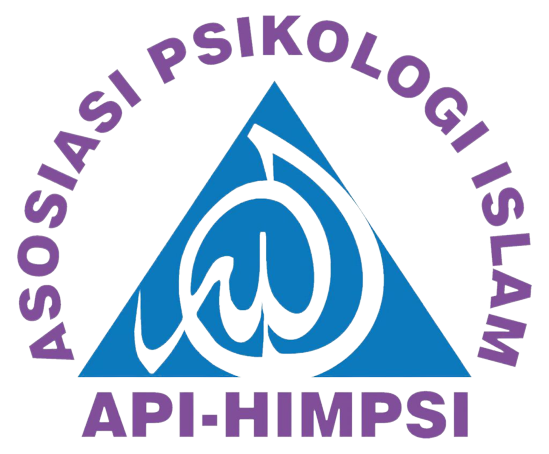Menumbuhkan Nilai-Nilai Anti Korupsi pada Anak untuk Membentuk Karakter Melalui “Semai Games†Di MDTA Rabithatul Ulum Pekanbaru
ANTI-CORRUPTION EDUCATION FOR CHILDREN
Keywords:
Anti Corruption, SEMAI, Value InternalizationAbstract
Growing anti-Corruption values is important in underlying children's character from an early age. This study aims to foster the values of Anti-Corruption to shape the character of the golden generation through "game seedlings" at the MDTA Rabithatul Ulum Pekanbaru. This research is qualitative research, namely research that describes the results of research with rational objective explanations. The subject of this study was Student MDTA Rabithatul Ulum, Pekanbaru. Methods of collecting data by participation observation, and documentation. Analysis techniques are descriptive qualitative with data reduction steps, data classification, data display and conclusion drawing. Based on the data and discussion, it can be concluded that growing anti-corruption values in the MDTA Rabuthatul Ulum in the form of learning devices that use card games, game maps, media use manuals. The results of the design of learning media, which were named "seedlings for Games", made it very easy for students to more quickly understand the values of anti-corruption in the form of daily behavior at home and school. This behavior change was seen in the independence of Saturday Clean activities, savings for consumption in schools, increased charity carried out at Friday Shadaqoh, discipline which was seen in the decline in the number of late students, as well as the self-confidence seen in repetition activities and competitions between schools.
Downloads
Downloads
Published
Issue
Section
License
1. Copyright of all journal manuscripts is held by the Psychopolytan : Jurnal Psikologi
2. Formal legal provisions to access digital articles of electronic journal are subject to the provision of the Creative Commons Attribution-ShareAlike license (CC BY-NC-SA), which means that Psychopolytan : Jurnal Psikologi is rightful to keep, transfer media/format, manage in the form of databases, maintain, and publish articles.
3. Published manuscripts both printed and electronic are open access for educational, research, and library purposes. Additionally, the editorial board is not responsible for any violations of copyright law.
licensed under a Creative Commons Attribution-ShareAlike 4.0 International License.







